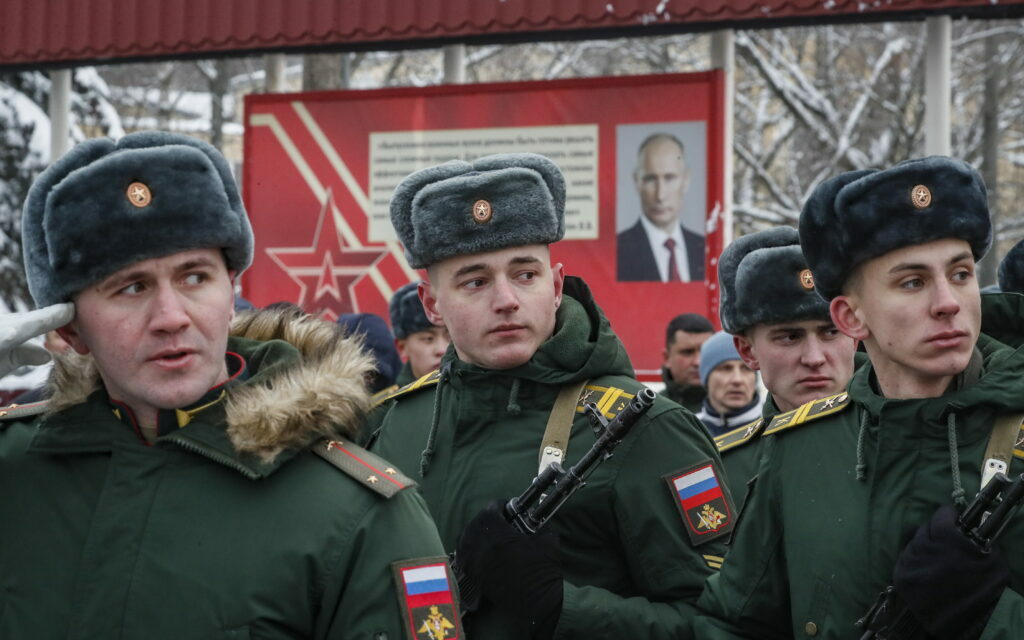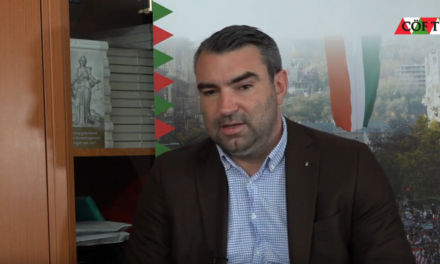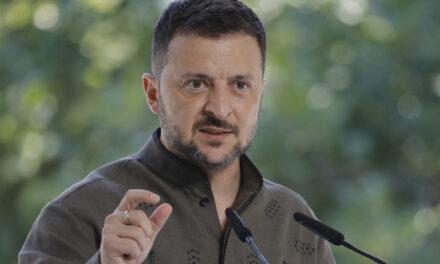If we take into account the historical balance of "Westernization" that began with Peter the Great, it was more of a failure than a success for the Russian Empire. Written by László Bogár.
There is hardly any methodology for predicting when a war will end. In other words, this is the strange "world war" taking place now, the real driving forces of which reach much deeper layers than where the conflict between the Russians and Ukrainians "resides".
One of the possible interpretation frameworks for answering the question of the length of the war can be provided by the statistical analysis of the wars of the last few hundred years.
During the period that has passed since the Thirty Years' War (1618–1648), more than a hundred conflicts have erupted that are classified as wars by historians, although the parameters that form the basis of the exact definition of war are quite vague. It may be surprising, but the average length of these wars was only four months, and this could even be hopeful, but the current conflict, which appears to be the "Russian-Ukrainian" war, has been going on for a year and a half.
Another analysis suggests that, as a starting point for the prognosis, Russia has fought five wars in the last hundred and seventy years (the current one is the sixth), and the average length of these wars was roughly four years. Although this in itself is not necessarily an orientation point in terms of the length of the current war, it is worth using as a starting point.
Going in chronological order, these wars were as follows. The first is the Crimean War from 1853, which lasted two and a half years. The second Japanese war began in 1904 and lasted one and a half years. The third conflict is the First World War itself from 1914 to 1918, that is, for roughly three and a half years. The fourth is participation in the Second World War, which lasted four years. And finally, the war in Afghanistan, which is by far the longest, because it lasted almost ten years. What and how do you connect these wars and what connects them to the current war in Ukraine?
One of the main intellectual dilemmas of the elites of the Russian Empire was always the relationship with the West.
The term "zapadnyik", used with a somewhat pejorative edge, indicated that the "Westerners" in some sense go against the historical essence of "Russianness".
It is hardly a coincidence that the British geopolitical school (such as McKinder) called Russia and parts of China, India, and Persia "heartland" or "pivot area". This implies that a world empire must either be "local" or, if not, have total control over this region. A quarter of Moscow is called Arbat, which comes from the German word arbeit (work), referring to the fact that Russian capitalism begins with the capital, the capitalist, and even the worker (certainly the skilled worker) being German.
If we take into account the historical balance of "westernization" that began with Peter the Great, this is more of a failure than a success for the Russian empire, because not only was it unable to get out of its peripheral position, but even now it can only "freely" decide whether the American empire or does it want to be a vassal state of the successfully super-westernized China.
Interesting patterns emerge when we compare the essence of the strategy of the six wars of the past one hundred and seventy years. Of these six wars, three were "done" by the German-Russian conflict, the "doer" of which was the empire-selecting power, and the American empire that it allowed to rule over the past nearly one hundred years.
The Second German Reich is destroyed in the First World War, the Third German Reich in the Second World War, and the Fourth German Reich, whose "cover name" is the European Union, is destroyed in the ongoing Third World War. (And if I already mentioned the Thirty Years' War, then we can also interpret it as the "non-existent" masters of the world will destroy the "first" German empire, that is, the German Roman Empire, in this "zero" world war.)
The basic pattern of the last three world wars is the incitement of the Russian and German empires against each other, which is the main means for the British and American empires to dominate the "pivot area" and maintain the European continental "balance of power". The Russian participation in the previous two world wars lasted three or four years, and it is increasingly likely that this current war will take roughly the same amount of time.
These three wars (including the current one) were basically defensive wars, but it is also worth looking at Russia's three other wars, the Crimean War that began in 1853, the Japanese War of 1904, and the Afghan War of the 1980s.
These wars were undoubtedly wars of expansion for the Russian Empire. In the Crimean War, the weakening Ottoman Empire tried to take the place of the Black Sea and the straits in order to gain military control over the Mediterranean Sea, but the British Empire, which was "operating" as a world empire at the time, prevented this precisely because of the already mentioned geopolitical reasons, and Russia suffered a crushing defeat. suffered.
His defeat in the 1904-1905 war with Japan was similarly devastating, in which the control over the North Pacific was the goal, but for the British Empire this also meant a threat to its strategic goals.
Following the defeat, a civil war situation arose in Russia in 1905. And finally, the Afghan war, which was also a total defeat, should have served as a "base" for the Soviet Union to control the Middle East.
The average length of these wars was around five years, but if you don't count the nearly decade-long Afghan war, these were also relatively short wars.
The average length of the three defensive and three expansionary wars is slightly more than four years, so presumably this current war can last for years.













